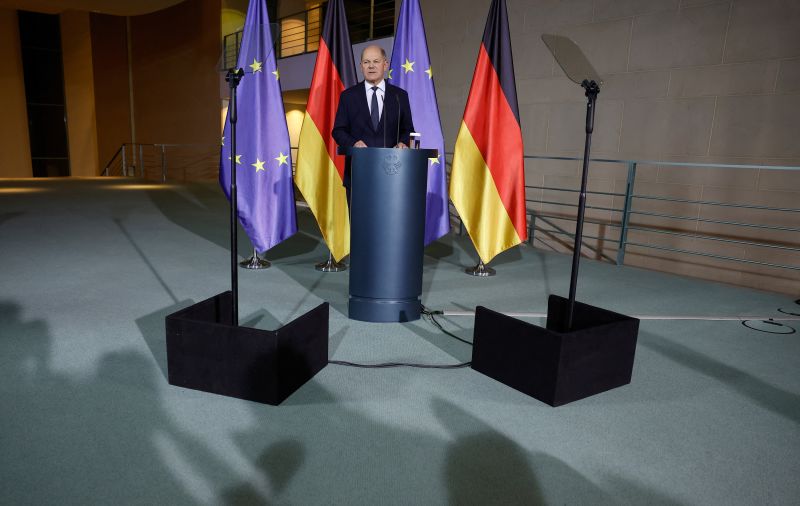In a shocking political turn, the German Chancellor has made the decision to dismiss the Finance Minister, causing the collapse of the coalition government the country had once maintained. This unforeseen action has sent both the political and economic spheres into bouts of disarray and uncertainty.
The dismissal of the finance minister – an integral role charged with overseeing the nation’s economic environment – puts both German politics, as well as its economy, in a state of jeopardy. The Finance Minister serves as the central figure in defining and implementing economic policies, making critical budgetary decisions, managing public expenditure, and evaluating economic measures. This fallout would certainly affect not only domestic policy but international dynamics as well.
Interparty tensions that had been fomenting over time surfaced vehemently with the Chancellor’s action. The German coalition government, like any other, is a delicate balancing act of political forces, each contributing distinct leadership styles and policy orientations. This blend of political styles and ideological beliefs once represented the diverse voices of its constituents but now stands fragmented with the removal of such a pivotal figure.
Simultaneously, this upheaval plants seeds of a potential power tussle, as contenders look to occupy the suddenly vacated position. The resultant power vacuum only adds to the rising political instability as multiple factions from within the coalition vie for greater influence and control over the nation’s economic direction. The disruption also emboldens opposition forces, who could seize this moment of vulnerability to position themselves favorably in the minds of the electorate.
In addition to the immediate political turmoil, there could possibly lie serious economic implications in the aftermath of this incident. The abrupt removal of the finance minister can send unsteady ripples across the financial market, creating doubts among investors and potentially shaking the economic stability of Germany. An unstable political environment often translates into an unstable economic environment, which could deter investment, affect currency value, and disrupt the precision of financial forecasting.
Furthermore, the move will invariably impact the formulation and implementation of major economic policies. Particularly crucial at a time when Germany, like the rest of the world, is grappling with the economic repercussions caused by the pandemic. Without a uniform administration in place, crucial decisions concerning fiscal policies, public expenditure, and crisis management become more difficult to execute, thus increasing the risk for economic stagnation or recession.
Internationally, this development may also have far-reaching effects. Germany plays a vital role in the European Union both politically and economically, and such internal strife could affect decision-making at the continental level too. Trade agreements






























